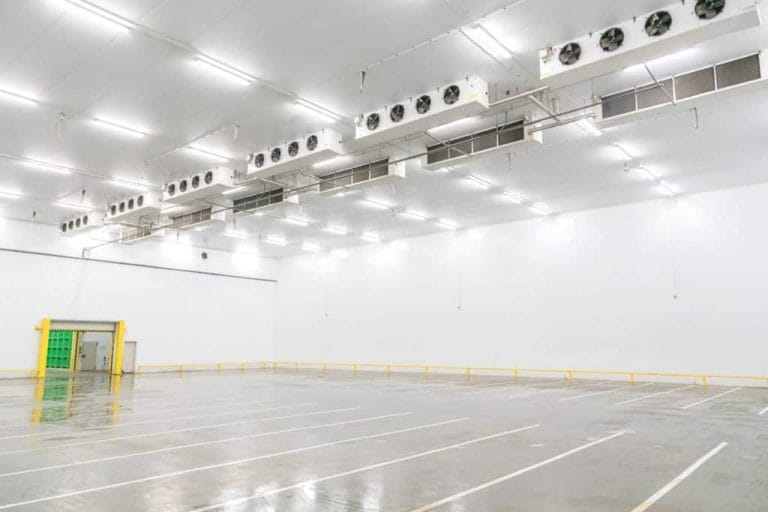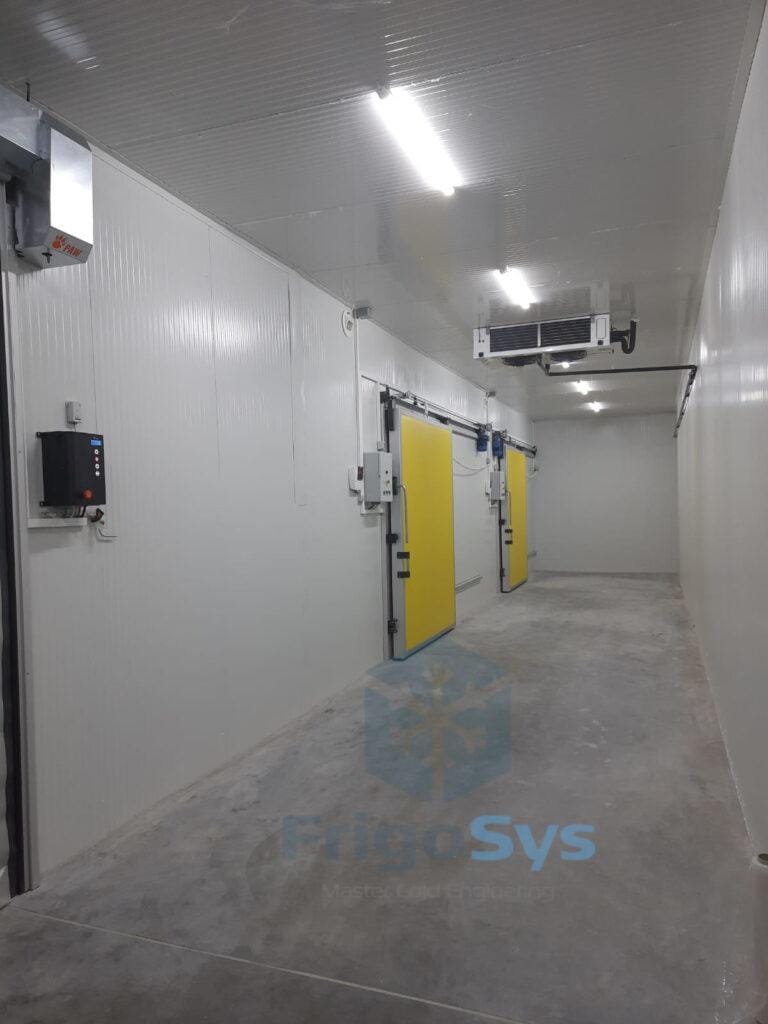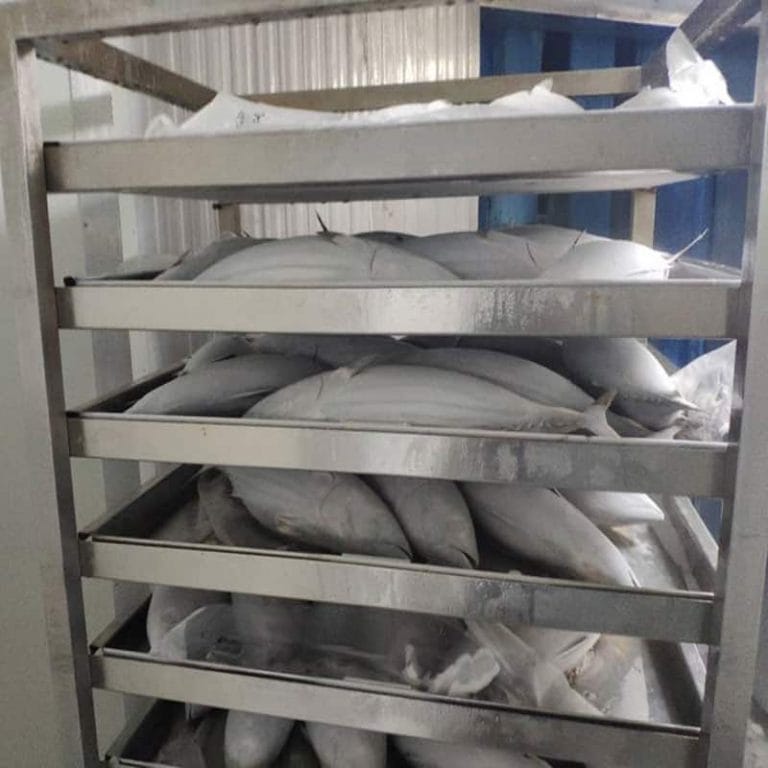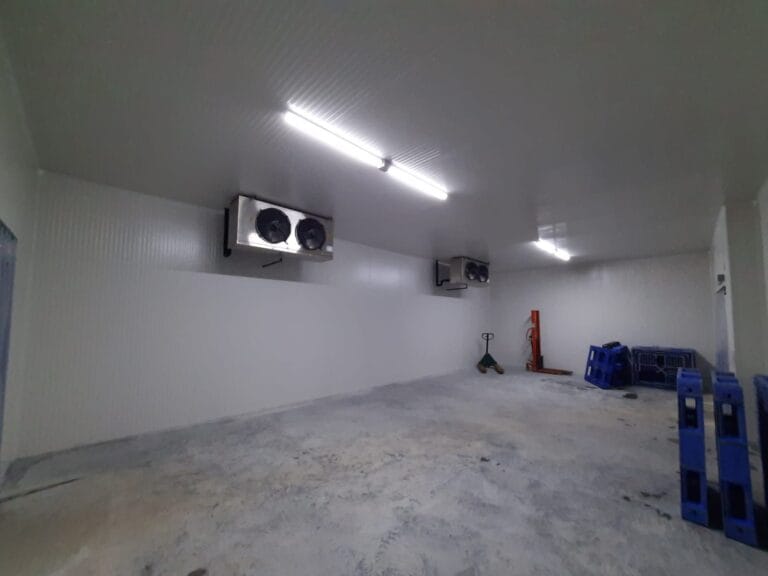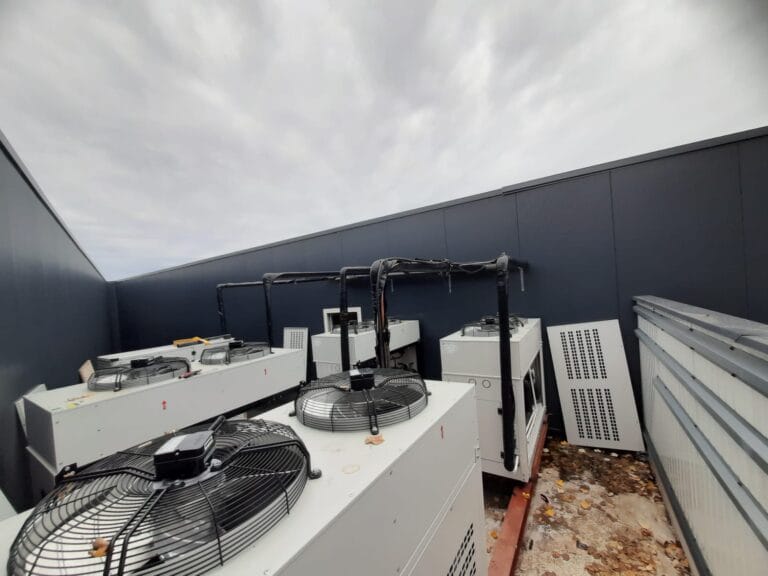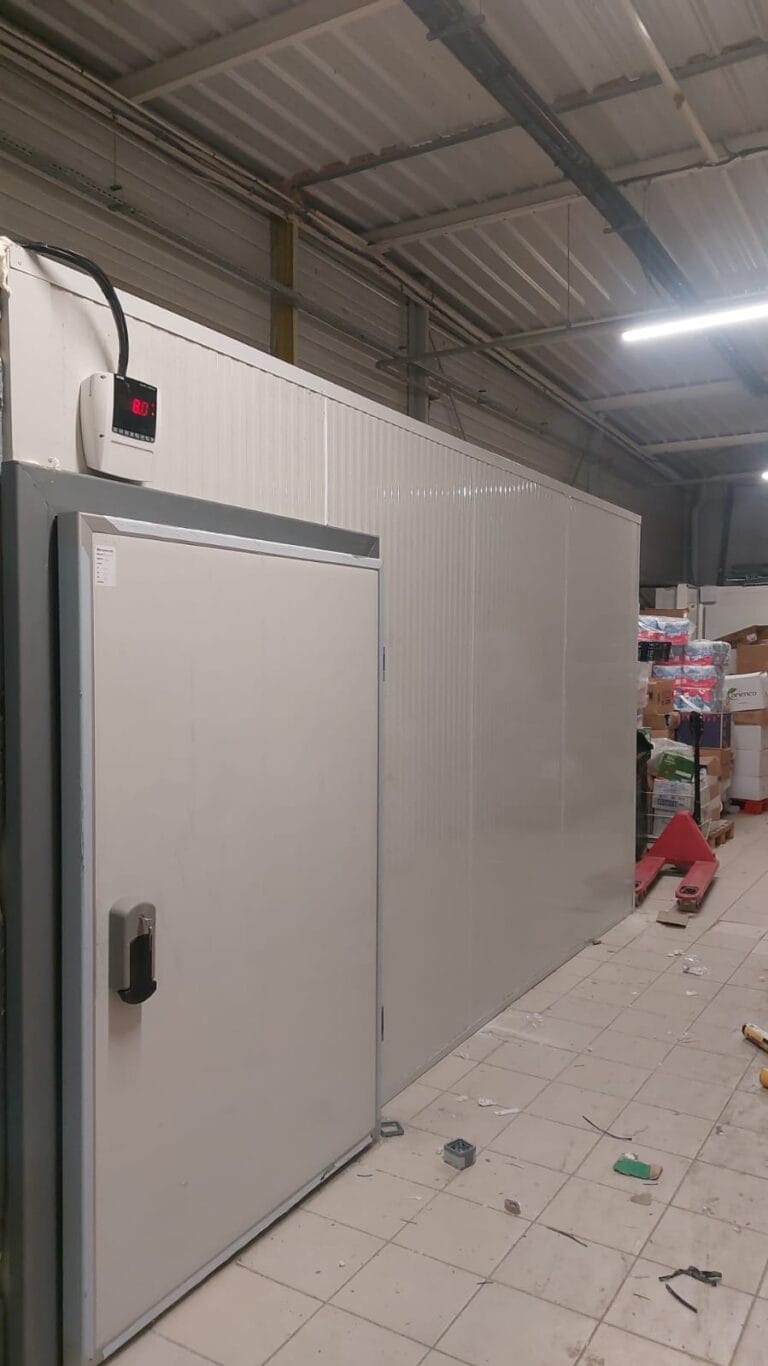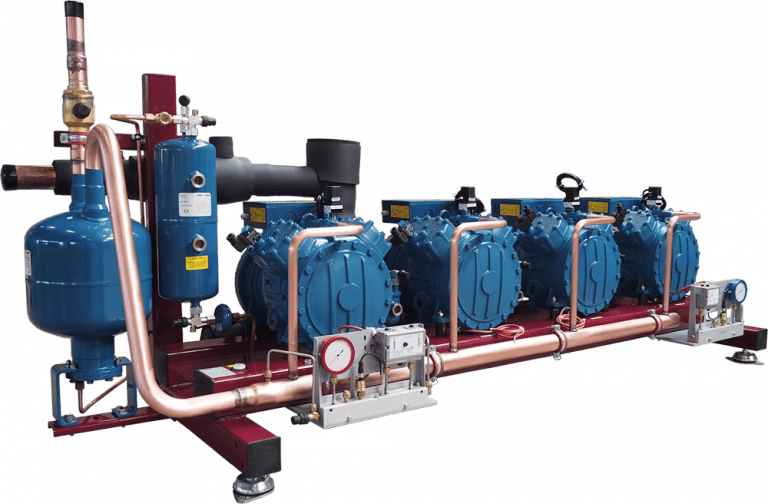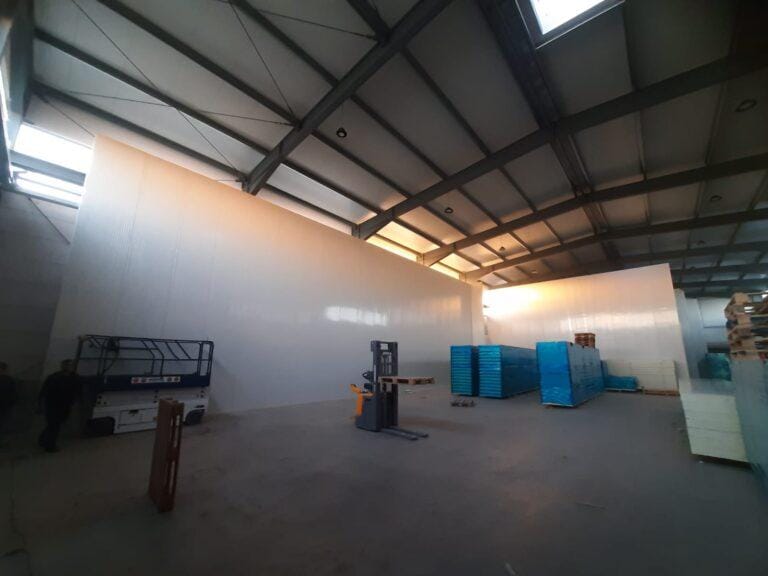In an industrial refrigeration system, the expansion valves are a critical component that controls the flow of refrigerant into the evaporator. It is responsible for regulating the refrigerant pressure and temperature, which is essential for efficient cooling.

Purpose of Expansion Valves
The purpose of an expansion valve is to control the flow of refrigerant into the evaporator. This is done by reducing the pressure of the refrigerant from the condenser to the evaporator. The lower pressure in the evaporator causes the refrigerant to vaporize, which absorbs heat from the surrounding air or liquid.
Function of Expansion Valves
The expansion valve works by sensing the temperature of the refrigerant at the outlet of the evaporator. When the temperature is too high, the valve opens to allow more refrigerant to flow into the evaporator. This lowers the temperature of the refrigerant, which in turn lowers the temperature of the surrounding air or liquid.
Types of Expansion Valves
There are two main types of expansion valves: thermostatic expansion valves (TXVs) and capillary tube expansion valves (CTEs).
Thermostatic Expansion Valves
TXVs are the most common type of expansion valve used in industrial refrigeration systems. They are controlled by a thermostatic bulb, which is located in the evaporator. The bulb senses the temperature of the refrigerant at the outlet of the evaporator and sends a signal to the valve to open or close.
Capillary Tube Expansion Valves
CTEs are a simpler type of expansion valve that is less expensive than TXVs. They work by using a capillary tube to control the flow of refrigerant. The capillary tube is a small, thin tube that has a very small diameter. The refrigerant flows through the capillary tube, which creates a pressure drop that controls the flow of refrigerant into the evaporator.
Conclusion
The expansion valve is a critical component of any industrial refrigeration system. It is responsible for regulating the flow of refrigerant into the evaporator, which is essential for efficient cooling.

